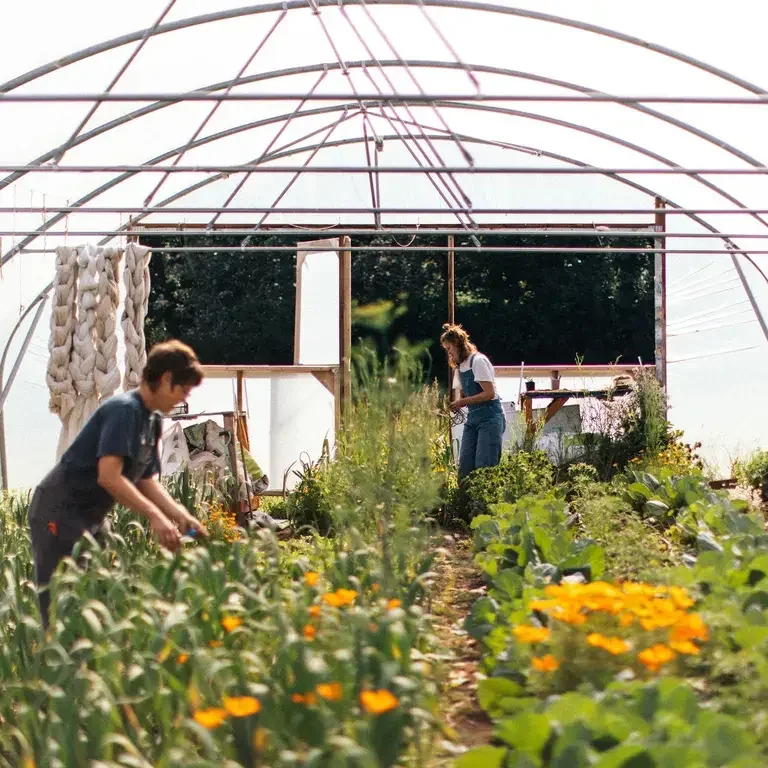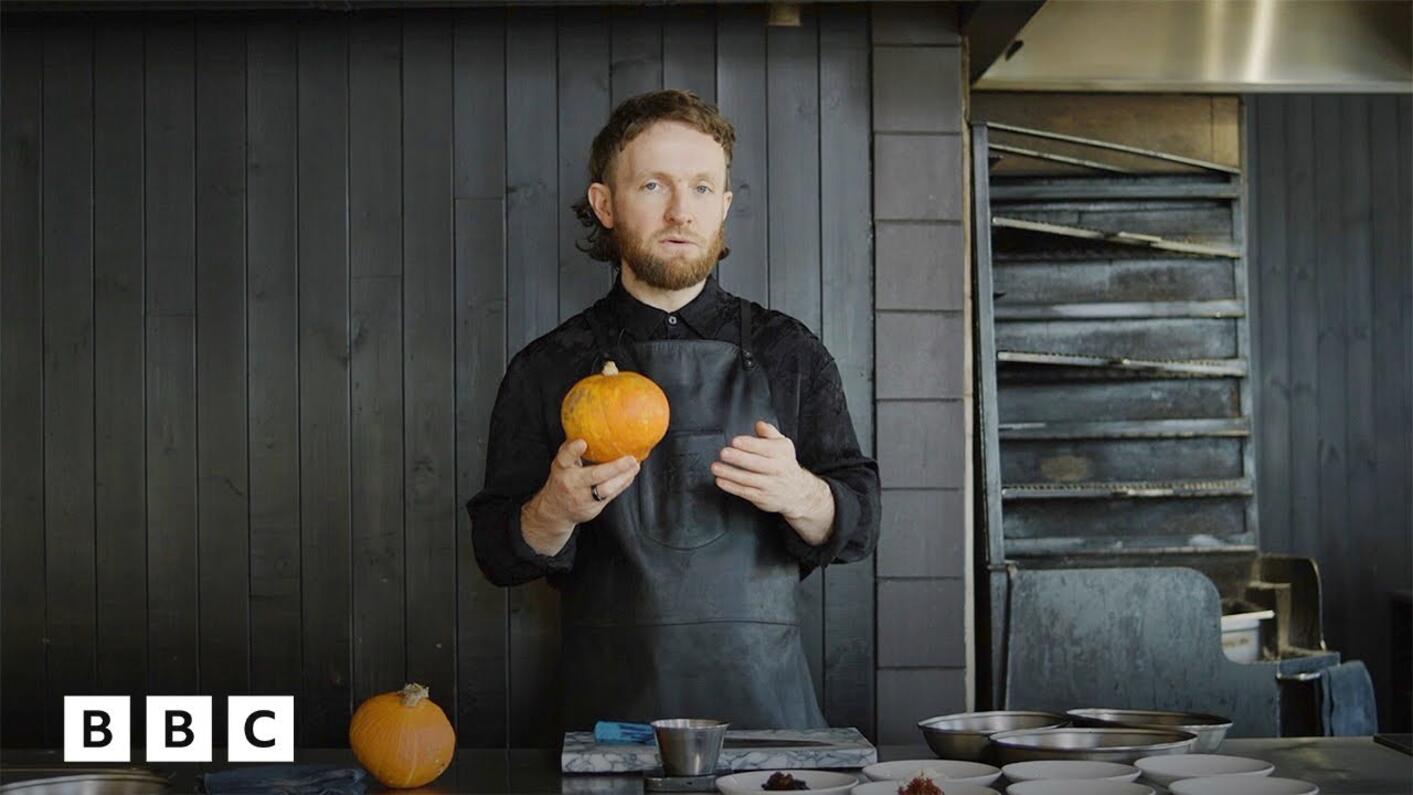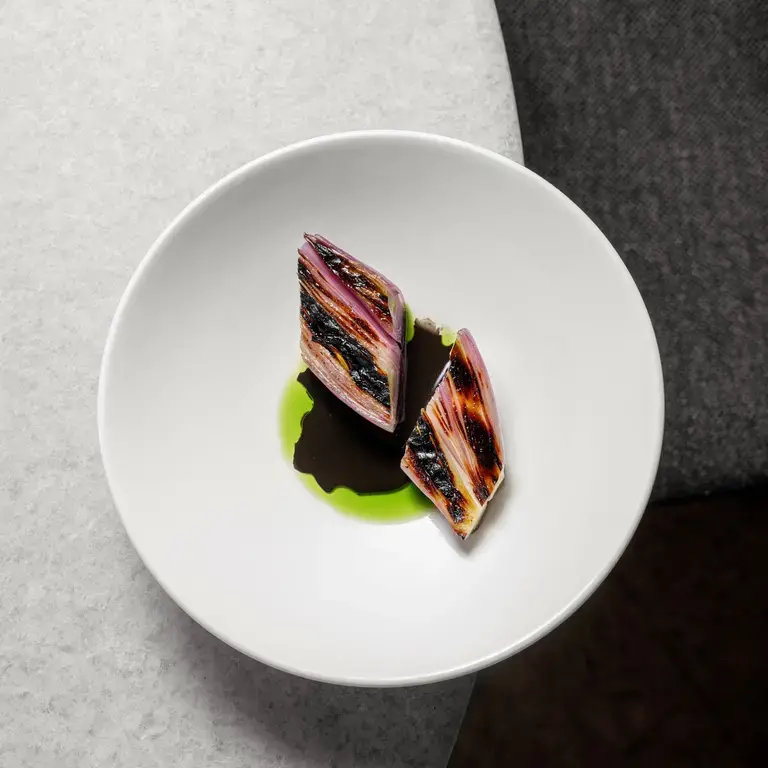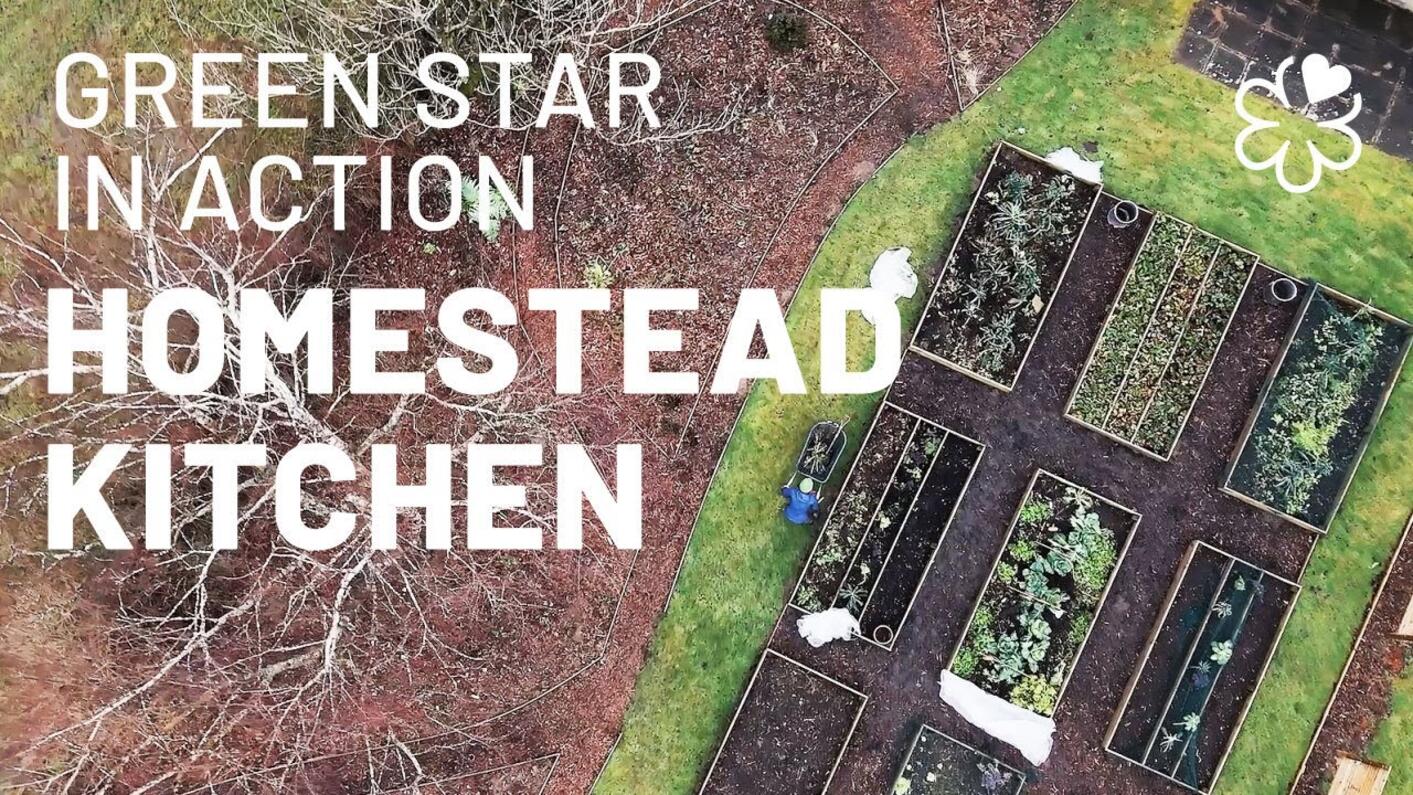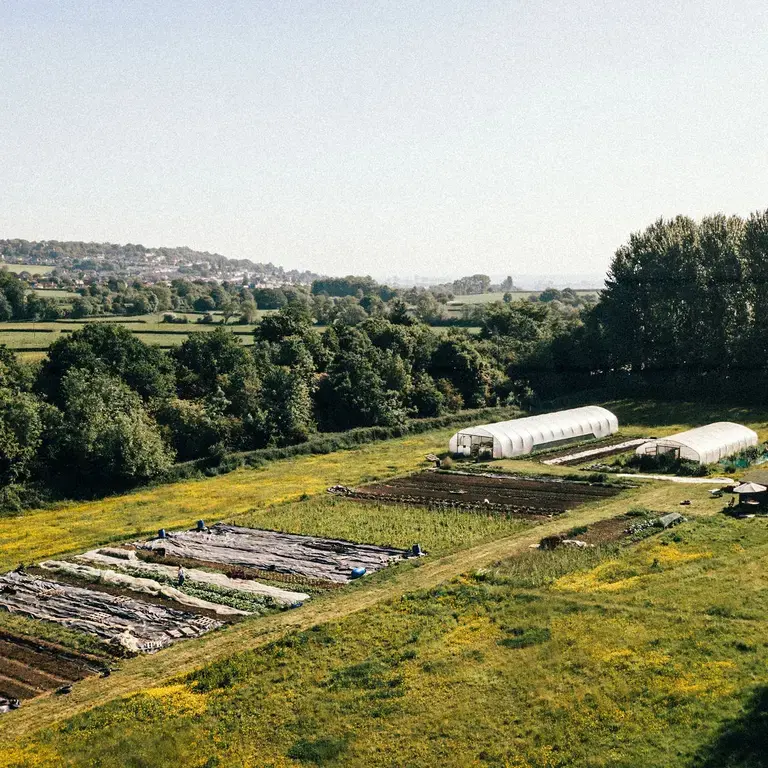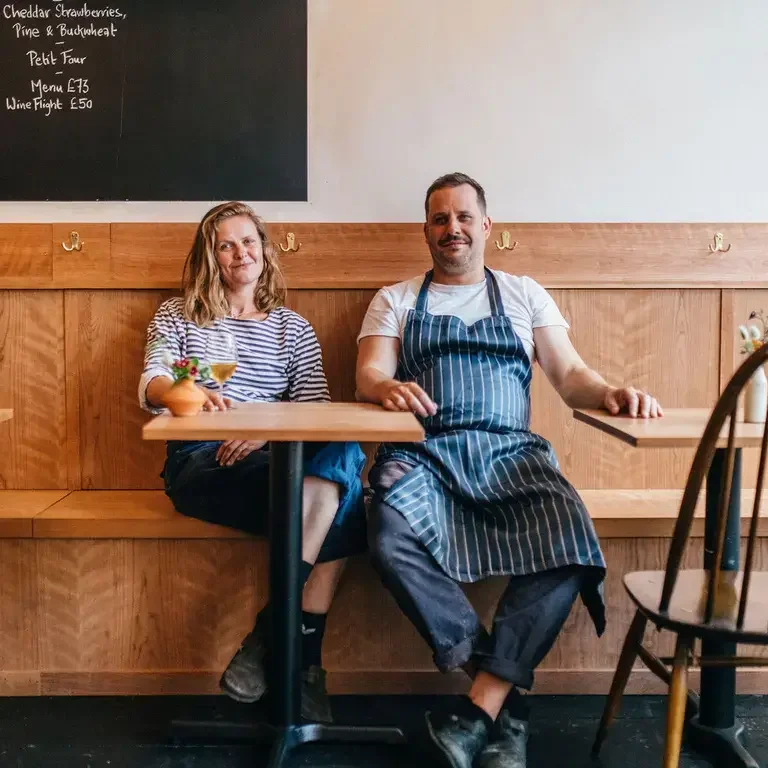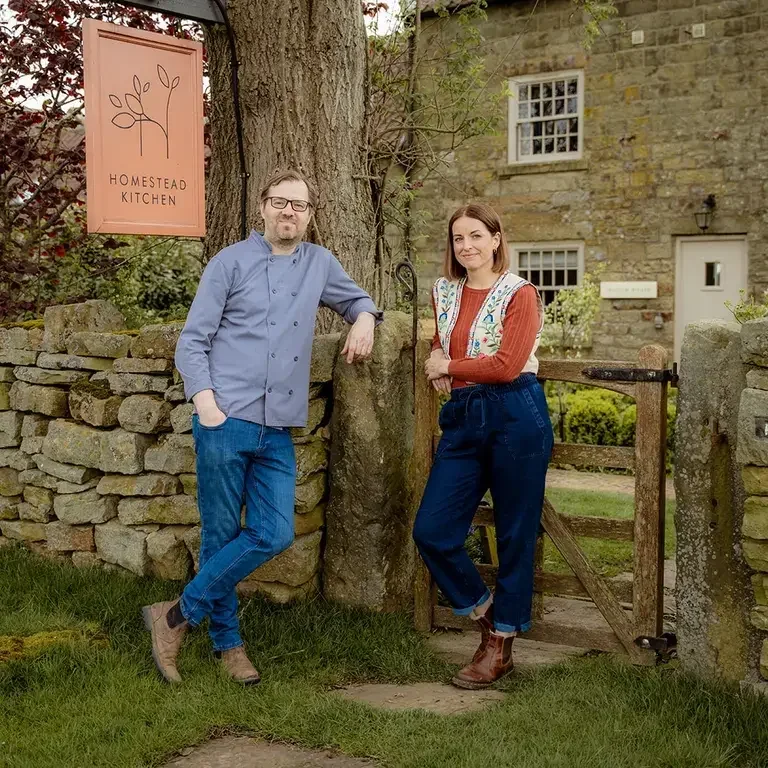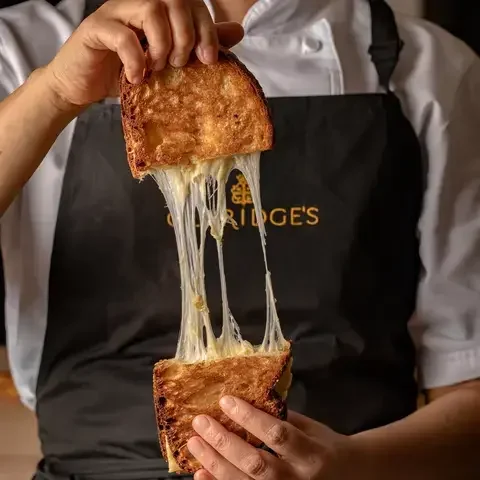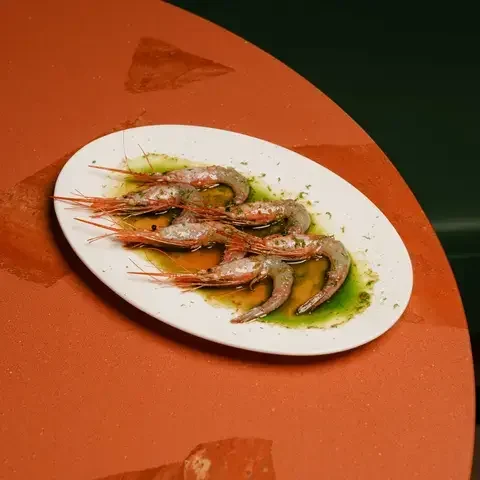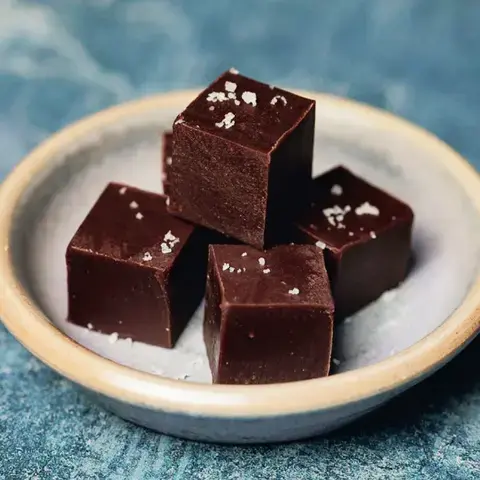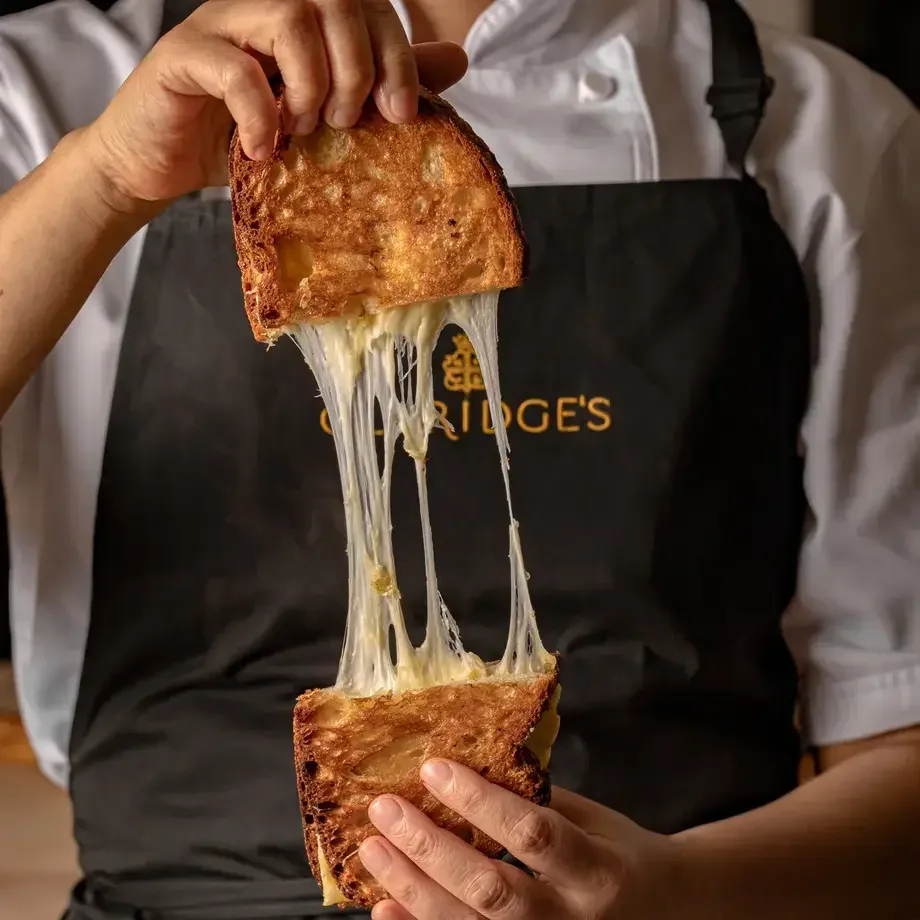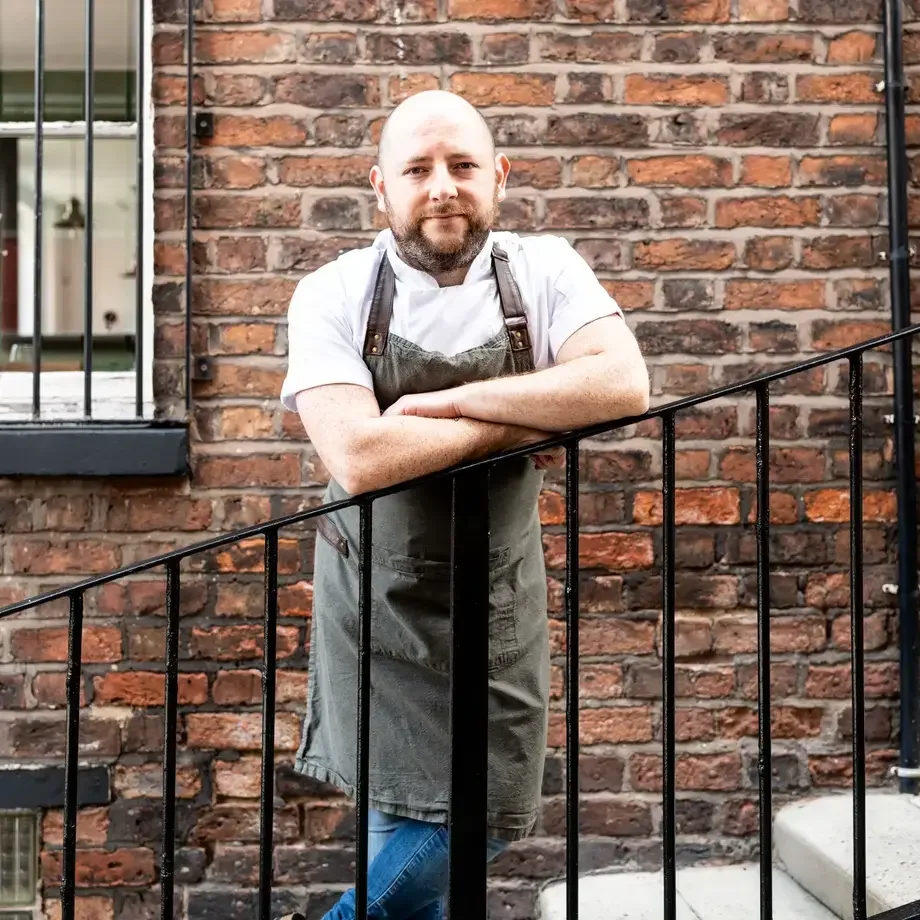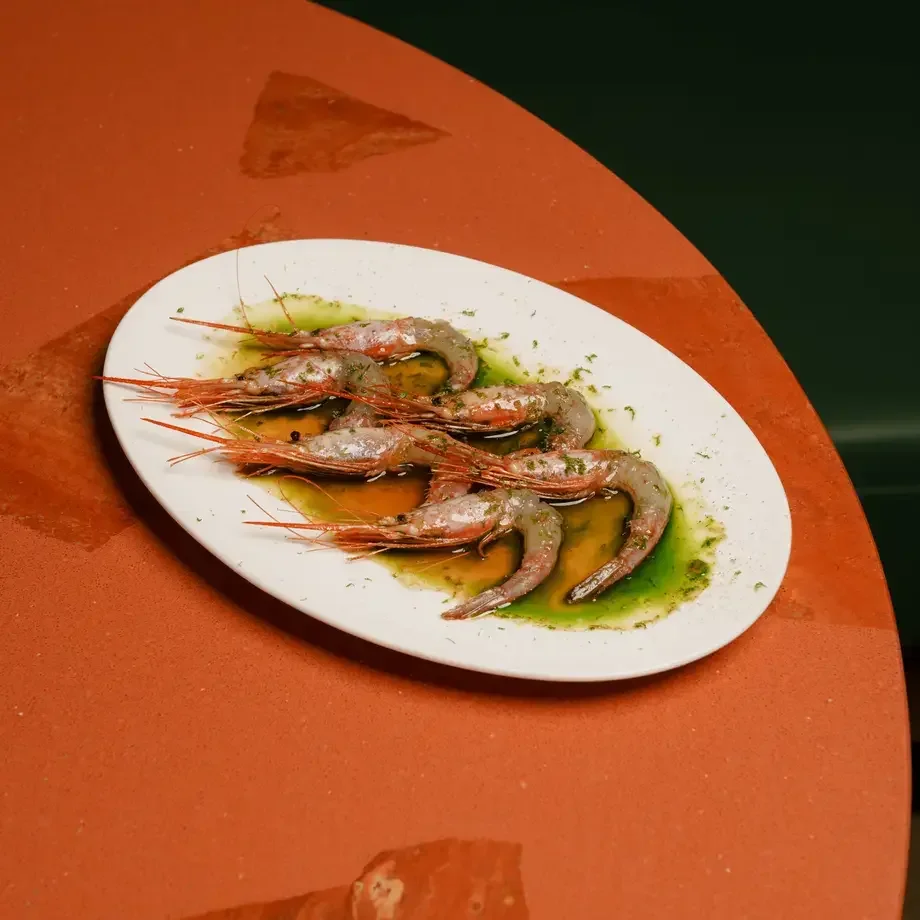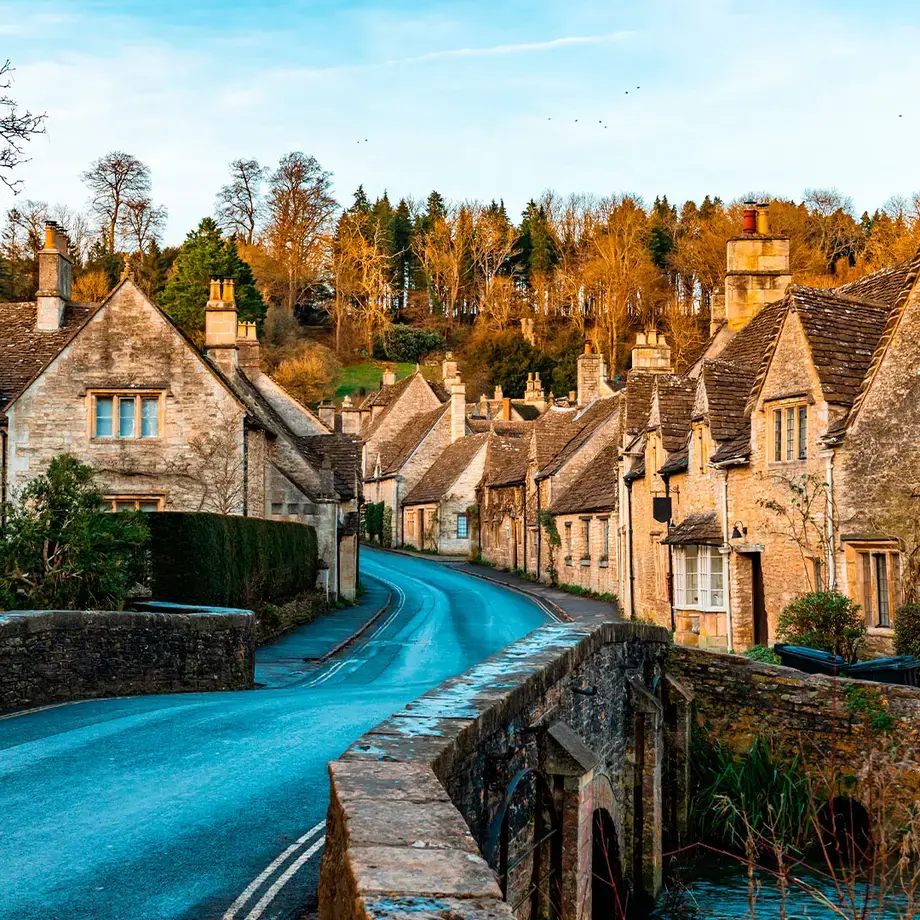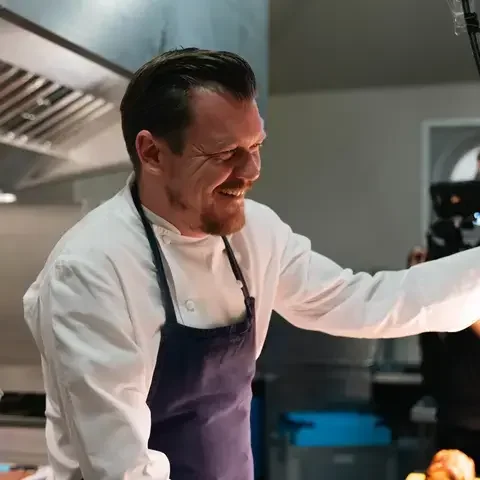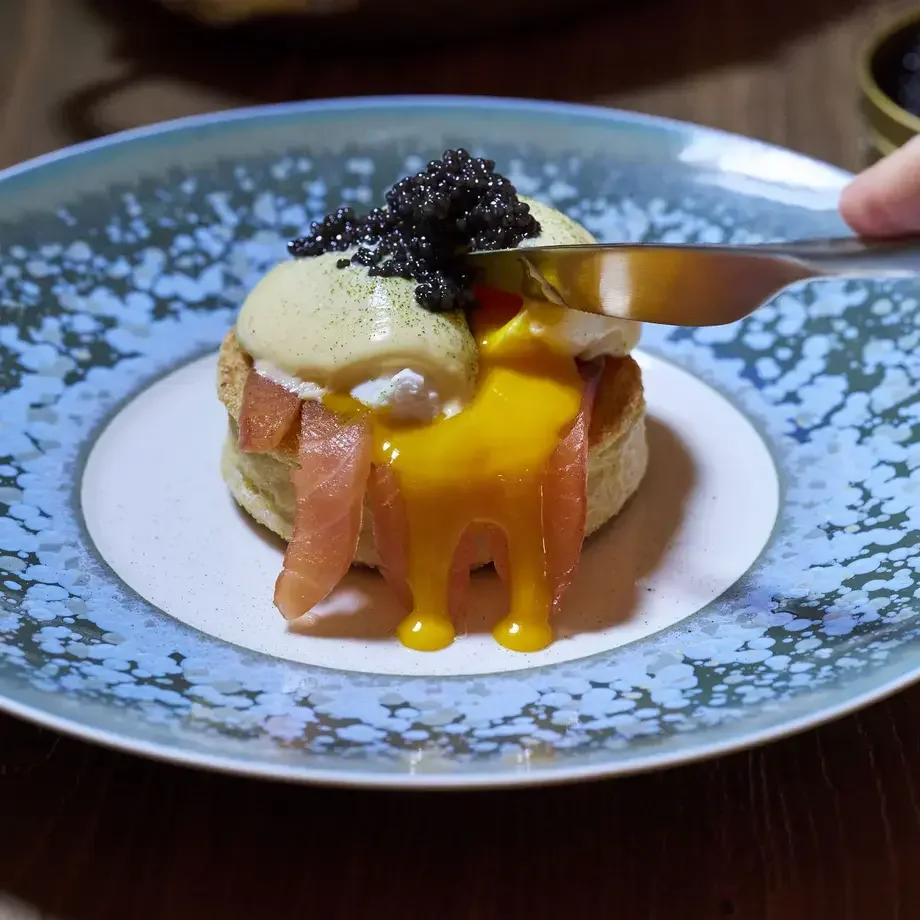Have you ever been caught looking through the bins out the back of a restaurant, trying to ascertain what they are and aren’t throwing away so you can judge said restaurant’s sustainability credentials? No, me neither, but it is, according to those in the know, a great way to suss out whether a restaurant really is as green as it says it is.
“It’s a metric you can measure,” says chef Douglas McMaster, of London’s zero-waste restaurant, Silo, which famously doesn’t have a bin. “It's certainly not holistic… However, I would say, and I really believe this, that the less waste a system, i.e. a restaurant or a group of restaurants, has, there's a very, very strong chance there's quite a lot of good being done for the environment.”
Of course, McMaster isn’t really suggesting you go and raid the bins inbetween mains and dessert, he’s illustrating a point. But with any restaurant worth its salt describing itself as sustainable, local, seasonal, etc. now, it’s hugely difficult for diners to cut through the noise and feel confident that they’re choosing a sustainable restaurant when eating out.
According to McMaster, there are a few fundamental red flags all diners should be aware of.
“Look on their Instagram, their website… what are they presenting, are they talking about farmers?... Or are they boasting about how much caviar they use?... It doesn't take much to discern if somebody's authentic. I think you just read what they're writing and what they're championing, what they're proud of, what they're presenting to the world, and you can sniff out sort of superficial vanity projects immediately.”
Shouting ‘local’ but not providing any traceability information is always a bad sign. Also, look for restaurants that have a good integration of vegetables and grains in their menus and when it comes to meat, those that are using lesser cuts or utilising different cuts of the same animal throughout the menu, or even different parts of the same vegetable – carrot tops and cauliflower leaves for example (crispy cauliflower leaves are a great, food-waste-reducing snack to make at home by the way – just toss them in oil and then into the oven for five minutes to crisp up).
